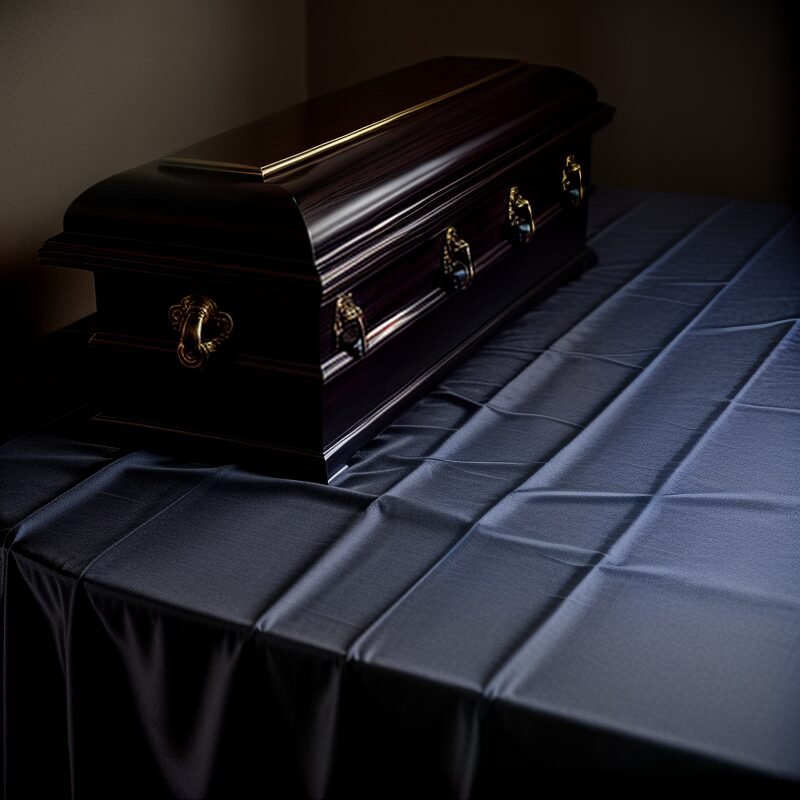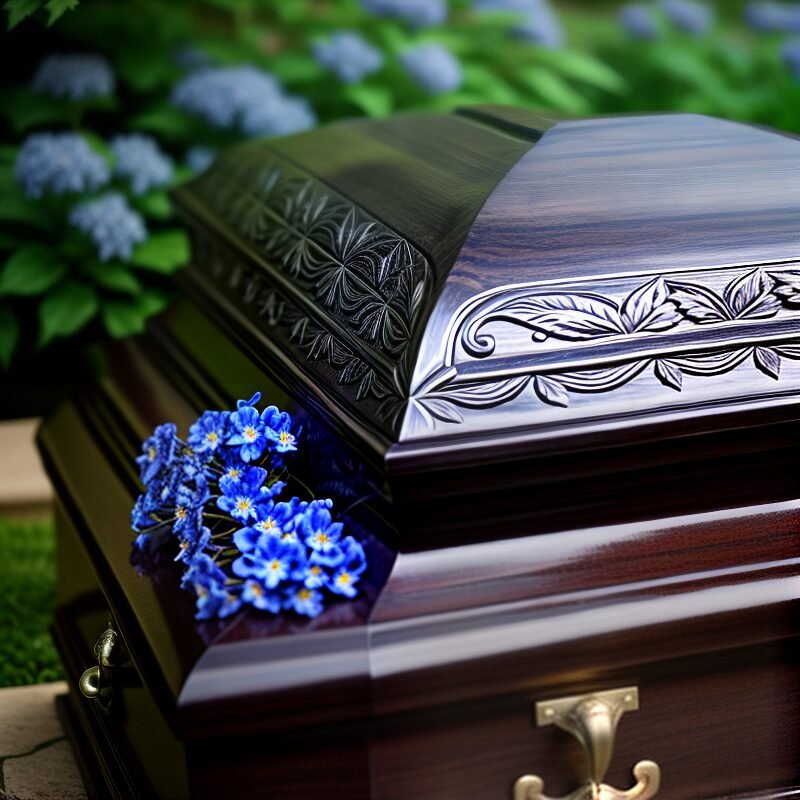Exploring the Legacy of Undertakers
The Evolution of Funeral Professionals
Delve into the rich history and transformation of undertakers, from their origins as coffin builders to their modern roles as funeral directors.
Origins
Transformation
Roles
Legacy
The Historical Significance of 'Undertaker'
The Evolution of the Term 'Undertaker'
Trace the journey of the term ‘undertaker’ through history, highlighting pivotal changes and developments.
1700s
Coffin Builders Emerge
In the 18th century, coffin builders began to offer additional services, laying the groundwork for the role of the undertaker.
1800s
The Rise of the Undertaker
The 19th century saw the formalization of the undertaker’s role, with responsibilities expanding to include embalming and funeral planning.
Late 1800s
Transition to Mortician
As embalming became more common, the title ‘mortician’ emerged, reflecting the technical skills required in the profession.
1900s
Funeral Director Takes Over
The 20th century introduced the term ‘funeral director,’ emphasizing the managerial and organizational aspects of the role.
Understanding the Roles in the Funeral Industry
The terms undertaker, mortician, and funeral director are often used interchangeably, but they have distinct roles within the funeral industry. An undertaker traditionally refers to someone who prepares the deceased for burial or cremation and oversees funeral arrangements. Morticians, a term that became popular in the late 1800s, primarily focus on embalming and preserving the body. Funeral directors, on the other hand, are responsible for managing the entire funeral process, from coordinating services to assisting families with legal paperwork. While their duties may overlap, each role brings a unique set of responsibilities to the funeral profession.
In modern times, the title of funeral director has become more prevalent, encompassing a broader range of tasks that include both the preparation of the deceased and the orchestration of funeral services. Despite the evolution of these roles, the core mission remains the same: to provide compassionate care and support to grieving families during their time of need.

The Historical Significance of Coffin Builders
Coffin builders played a crucial role in the history of funeral practices. In the past, they were not only responsible for crafting the final resting place for the deceased but also often assisted with the transportation of the body. This dual role was essential in communities where specialized funeral services were not yet established. Over time, as the funeral industry evolved, the responsibilities of coffin builders were absorbed into the broader roles of undertakers and funeral directors.
The Evolution of Funeral Transportation
Funeral transportation has a rich history that dates back to when coffin builders would personally ensure the safe passage of the deceased to their final resting place. This task required not only skill in craftsmanship but also a deep respect for the cultural and spiritual significance of the journey. As funeral practices modernized, dedicated vehicles and professional services emerged, transforming how we honor and transport our loved ones today.

Common Questions About Funeral Roles
Understanding the various roles within the funeral profession can be confusing. Here, we answer some of the most frequently asked questions to help clarify these important distinctions.
What is the difference between an undertaker and a mortician?
While both undertakers and morticians are involved in preparing the deceased for burial or cremation, the term undertaker is more traditional and encompasses a broader range of responsibilities, including overseeing the entire funeral process. Morticians primarily focus on embalming and preserving the body.
Why is the term 'funeral director' more commonly used today?
The term ‘funeral director’ has gained popularity because it more accurately reflects the comprehensive nature of the role, which includes managing all aspects of the funeral service, from logistics to family support.
Do undertakers still build coffins?
In contemporary practice, undertakers typically do not build coffins. This task is now handled by specialized manufacturers, allowing undertakers to focus on funeral arrangements and services.
How do funeral directors assist grieving families?
Funeral directors provide emotional support, help families navigate the logistical and legal aspects of funerals, and ensure that services are conducted according to the family’s wishes and cultural traditions.
Can a mortician also be a funeral director?
Yes, a mortician can also serve as a funeral director. Many professionals in the funeral industry are trained to perform multiple roles, allowing them to offer a comprehensive range of services.
What qualifications are needed to become a funeral director?
Becoming a funeral director typically requires formal education in mortuary science, along with state licensing. Practical experience through apprenticeships is also essential for gaining the skills needed to manage funeral services effectively.